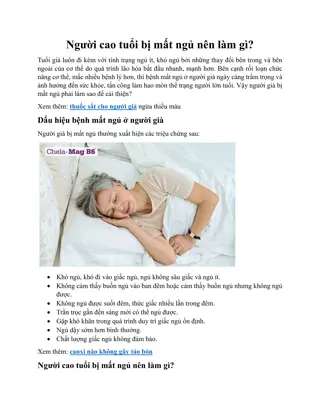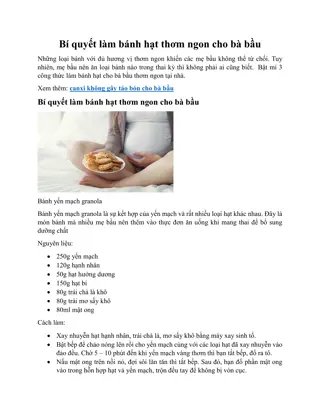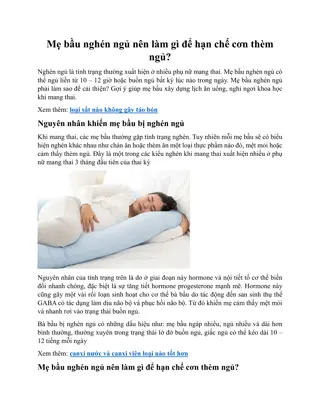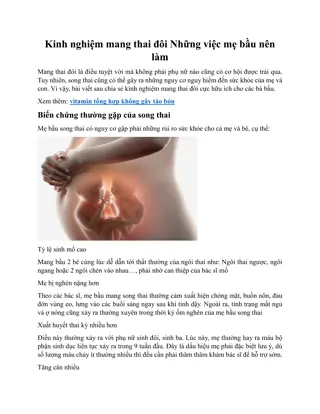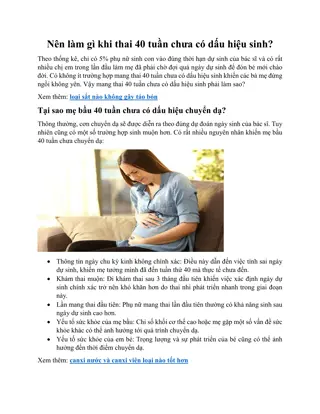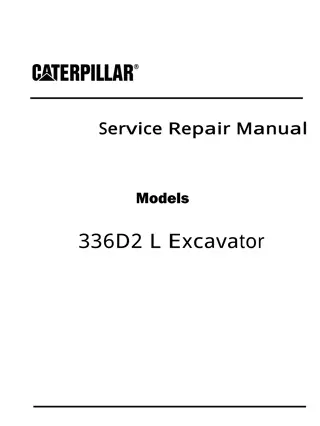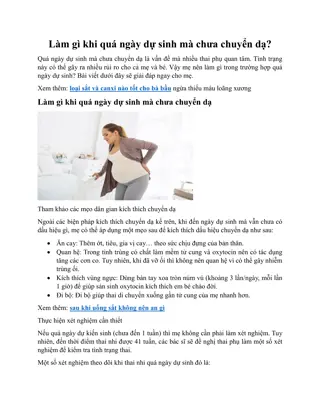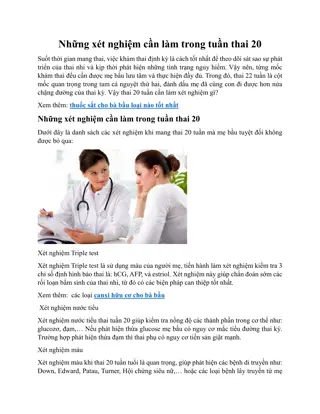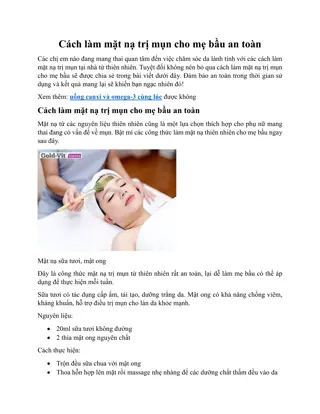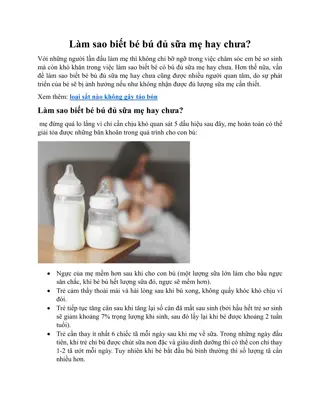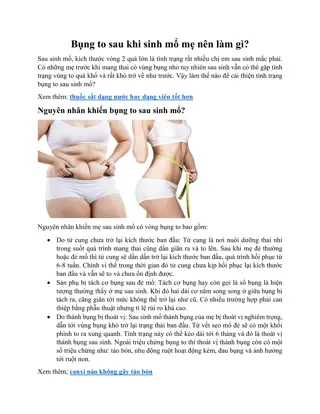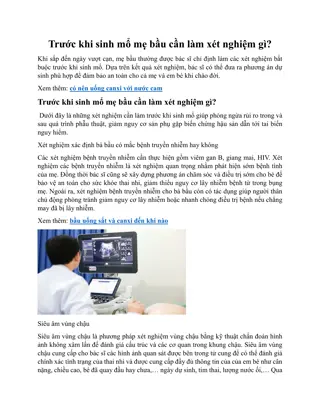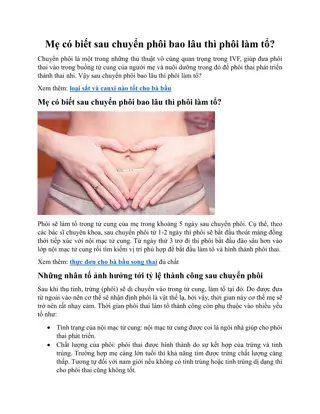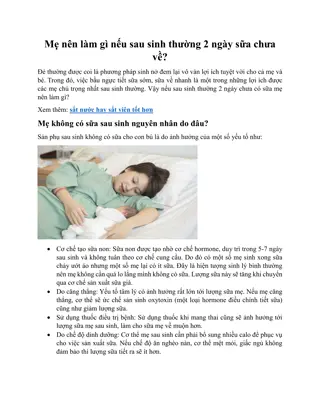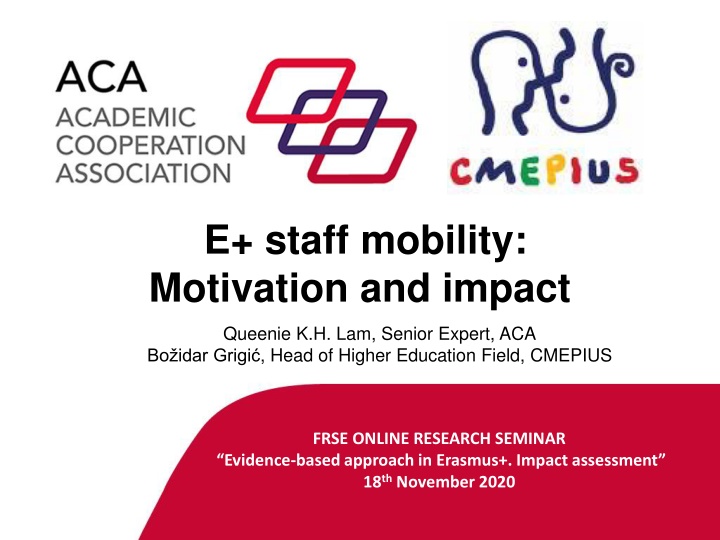
Analyzing Erasmus+ Staff Mobility Trends and Impact
Explore the evidence-based approach in Erasmus+ through impact assessment, studying staff mobility trends and instances across European countries. Gain insights from a crowd-funded initiative involving 9 NAs and over 75,000 surveyed cases. Uncover the different types of mobility instances by action and participant type. Dive deep into the data analyzed from 2014 to 2019 to understand the patterns and implications of staff mobility within the Erasmus+ program.
Download Presentation

Please find below an Image/Link to download the presentation.
The content on the website is provided AS IS for your information and personal use only. It may not be sold, licensed, or shared on other websites without obtaining consent from the author. If you encounter any issues during the download, it is possible that the publisher has removed the file from their server.
You are allowed to download the files provided on this website for personal or commercial use, subject to the condition that they are used lawfully. All files are the property of their respective owners.
The content on the website is provided AS IS for your information and personal use only. It may not be sold, licensed, or shared on other websites without obtaining consent from the author.
E N D
Presentation Transcript
E+ staff mobility: Motivation and impact Queenie K.H. Lam, Senior Expert, ACA Bo idar Grigi , Head of Higher Education Field, CMEPIUS FRSE ONLINE RESEARCH SEMINAR Evidence-based approach in Erasmus+. Impact assessment 18thNovember 2020 FRSE ONLINE RESEARCH SEMINAR Evidence-based approach in Erasmus+. Impact assessment 18thNovember 2020
About the study Background of the study: a crowd-funded crowd-sourced initiative Partners involved: 9 NAs (AT, CY, CZ, EL, HR, HU, IS, IT, SI) Data analyzed: Survey responses of the E+ Participant Report Form, 2014-2019, and supplementary data from the EAC, European Commission 75,000+ cases; averaged 99% response rate FRSE ONLINE RESEARCH SEMINAR Evidence-based approach in Erasmus+. Impact assessment 18thNovember 2020
E+ Staff mobility trends General trends over the years by country KA103 vs. KA107 teaching vs. training recurrent vs. first-time FRSE ONLINE RESEARCH SEMINAR Evidence-based approach in Erasmus+. Impact assessment 18thNovember 2020
Count of mobility instances by National Agency 2014-2019 (N=389 251) Austria - AT01 Belgium - BE01 Belgium - BE02 Belgium - BE03 Bulgaria - BG01 Croatia - HR01 Cyprus - CY01 Czech Republic - CZ01 Denmark - DK01 Estonia - EE01 Finland - FI01 France - FR01 Germany - DE01 Greece - EL01 Hungary - HU01 2014 Iceland - IS01 Ireland - IE02 2015 Italy - IT02 Latvia - LV01 2016 Liechtenstein - LI01 2017 Lithuania - LT01 Luxembourg - LU01 2018 Malta - MT01 2019 Netherlands - NL01 Norway - NO01 Poland - PL01 Portugal - PT01 Romania - RO01 Slovakia - SK01 Slovenia - SI01 Spain - ES01 Sweden - SE01 The Republic of North Macedonia - MK01 Turkey - TR01 United Kingdom - UK01 0 10000 20000 30000 40000 50000 60000 Data source: European Commission FRSE ONLINE RESEARCH SEMINAR Evidence-based approach in Erasmus+. Impact assessment 18thNovember 2020
Count of mobility instances by Action Type and Activity Type 2015-2019 (N=380 615) 100000 90000 80000 KA107 Staff mobility for Training 70000 KA103 Staff mobility for Training 60000 KA107 Staff mobility for Teaching 50000 40000 KA103 Staff mobility for teaching Mobility instances by Participant Type (N=75 014) 30000 20000 AT 10000 CY 0 2015 2016 2017 2018 2019 CZ EL Recurrent HR First-time HU IS IT Data source: European Commission SI 0% 20% 40% 60% 80% 100% FRSE ONLINE RESEARCH SEMINAR Evidence-based approach in Erasmus+. Impact assessment 18thNovember 2020
Motivation Common motivation by Participant Type: recurrent vs. first-time Activity Type: teaching vs. training FRSE ONLINE RESEARCH SEMINAR Evidence-based approach in Erasmus+. Impact assessment 18thNovember 2020
Common motivation for E+ Staff Mobility by Action Type and Participant Type, 2014-2019 (N=75 014) Sum of To build up new contacts/expand my professional network Sum of To acquire knowledge and specific know-how from good practice abroad Sum of To reinforce the cooperation with a partner institution Sum of To develop my own competences in my field and increase the relevance of my teaching Sum of To gain practical skills relevant for my current job and professional development Sum of To meet new people Sum of To increase knowledge of social, linguistic and/or cultural matters Sum of To share my own knowledge and skills with students Recurrent - KA103 Recurrent - KA107 Sum of To increase my job satisfaction First-time - KA103 Sum of To improve my foreign language skills First-time - KA107 Sum of To increase the quality and quantity of student and staff mobility to and from my sending institution Sum of To experiment and develop new learning practices and teaching methods Sum of To improve services offered by my sending institution Sum of To create spin-off effects like curriculum development, development of joint courses or modules, academic networks, research Sum of To increase my future employment and career opportunities Sum of To receive an Erasmus+ grant FRSE ONLINE RESEARCH SEMINAR Data source: 9-country survey data Sum of To build up cooperation with the labour market Evidence-based approach in Erasmus+. Impact assessment 18thNovember 2020 60000 0 10000 20000 30000 40000 50000
Common motivation for E+ Staff Mobility by Action Type and Participant Type, 2014-2019 (N=73 690) Sum of To share my own knowledge and skills with students 86.66% Sum of To experiment and develop new learning practices and teaching methods 73.69% Sum of To develop my own competences in my field and increase the relevance of my teaching 73.37% Sum of To create spin-off effects like curriculum development, development of joint courses or modules, academic networks, 68.05% Sum of To increase the quality and quantity of student and staff mobility to and from my sending institution 67.86% Sum of To reinforce the cooperation with a partner institution 66.58% Sum of To build up new contacts/expand my professional network 59.19% Sum of To receive an Erasmus+ grant 56.27% Staff mobility for teaching Sum of To increase my job satisfaction 54.97% Staff mobility for training Sum of To increase knowledge of social, linguistic and/or cultural matters 54.20% Sum of To meet new people 53.24% Sum of To build up cooperation with the labour market 50.22% Sum of To acquire knowledge and specific know-how from good practice abroad 49.26% Sum of To improve my foreign language skills 48.84% Sum of To increase my future employment and career opportunities 48.49% Sum of To gain practical skills relevant for my current job and professional development 39.82% 60.18% FRSE ONLINE RESEARCH SEMINAR Sum of To improve services offered by my sending institution 38.72% 61.28% Evidence-based approach in Erasmus+. Impact assessment 18thNovember 2020 0% 10% 20% 30% 40% 50% 60% 70% 80% 90% 100% Data source: 9-country survey data
Impact Common self-reported impact by country on personal and professional development on mobility and internationalization on the society-at-large Alignment of motivation and impact FRSE ONLINE RESEARCH SEMINAR Evidence-based approach in Erasmus+. Impact assessment 18thNovember 2020
I have reinforced or extended my professional network or built up new contacts (N=75 014) 100% 90% 80% 70% Not applicable 60% Strongly disagree Rather disagree 50% Neither agree nor disagree 40% Rather agree 30% Strongly agree 20% I have learned from good practices abroad (N=75 014) 10% 0% 100% AT CY CZ EL HR HU IS IT SI 90% 80% 70% Not applicable Strongly disagree 60% Rather disagree 50% Neither agree nor disagree 40% Rather agree 30% Strongly agree 20% Data source: 9-country survey data 10% 0% AT CY CZ EL HR HU IS IT SI FRSE ONLINE RESEARCH SEMINAR Evidence-based approach in Erasmus+. Impact assessment 18thNovember 2020
I have shared my own knowledge and skills with students and/or other persons (N=43 403, staff mobility for teaching only) 100% 90% 80% 70% Not applicable 60% Strongly disagree Rather disagree 50% Neither agree nor disagree 40% Rather agree 30% Strongly agree 20% Has led to the use of new teaching/training methods/approaches/good practices at my sending institution (N=43 402, staff mobility for teaching only 10% 0% AT CY CZ EL HR HU IS IT SI 100% 90% 80% Not applicable 70% Strongly disagree 60% Rather disagree 50% Neither agree nor disagree 40% 30% Rather agree 20% Strongly agree Data source: 9-country survey data 10% 0% AT CY CZ EL HR HU IS IT SI FRSE ONLINE RESEARCH SEMINAR Evidence-based approach in Erasmus+. Impact assessment 18thNovember 2020
I contributed to increasing the quality and quantity of student or staff mobility to and from my sending institution (N=75 014) 100% 90% 80% Not applicable 70% Strongly disagree 60% Rather disagree 50% Neither agree nor disagree 40% Rather agree 30% Strongly agree 20% 10% 0% Data source: 9-country survey data AT CY CZ EL HR HU IS IT SI Has enhanced the motivation of non-mobile students to study/ do a traineeship abroad (N=74 721) Has led to internationalisation of my sending institution (N=74 721) 100% 100% 90% 90% 80% 80% 70% Not applicable Not applicable 70% Strongly disagree 60% Strongly disagree 60% Rather disagree 50% Rather disagree 50% Neither agree nor disagree 40% Neither agree nor disagree 40% Rather agree 30% Rather agree 30% Strongly agree 20% Strongly agree 20% FRSE ONLINE RESEARCH SEMINAR 10% 10% Evidence-based approach in Erasmus+. Impact assessment 0% 0% 18thNovember 2020 AT CY CZ EL HR HU IS IT SI AT CY CZ EL HR HU IS IT SI
I have improved my foreign language skills (N=75 014) 100% 90% 80% 70% Not applicable 60% Strongly disagree Rather disagree 50% Neither agree nor disagree 40% Rather agree 30% Strongly agree 20% I have increased my social, linguistic and/or cultural competences (N=75 014) 10% 0% AT CY CZ EL HR HU IS IT SI 100% 90% 80% Not applicable 70% Strongly disagree 60% Rather disagree 50% Neither agree nor disagree 40% 30% Rather agree 20% Strongly agree 10% Data source: 9-country survey data 0% AT CY CZ EL HR HU IS IT SI FRSE ONLINE RESEARCH SEMINAR Evidence-based approach in Erasmus+. Impact assessment 18thNovember 2020
I have increased my job satisfaction (N=75 014) 100% 90% 80% 70% Not applicable 60% Strongly disagree Rather disagree 50% Neither agree nor disagree 40% Rather agree 30% I have enhanced my employment and career opportunities (N=75 014) Strongly agree 20% 100% 10% 90% 0% Not applicable AT CY CZ EL HR HU IS IT SI 80% Strongly disagree 70% 60% Rather disagree 50% Neither agree nor disagree 40% 30% Rather agree 20% Data source: 9-country survey data Strongly agree 10% 0% AT CY CZ EL HR HU IS IT SI FRSE ONLINE RESEARCH SEMINAR Evidence-based approach in Erasmus+. Impact assessment 18thNovember 2020
I have built cooperation with players in civil society (N=75 014)) 100% 90% 80% 70% Not applicable Strongly disagree 60% Rather disagree 50% Neither agree nor disagree 40% Rather agree 30% Strongly agree 20% 10% I have built cooperation with players in the labour market (N=75 014) 0% AT CY CZ EL HR HU IS IT SI 100% 90% 80% Not applicable 70% Strongly disagree 60% Rather disagree 50% Neither agree nor disagree 40% Rather agree 30% Strongly agree 20% Data source: 9-country survey data 10% 0% AT CY CZ EL HR HU IS IT SI FRSE ONLINE RESEARCH SEMINAR Evidence-based approach in Erasmus+. Impact assessment 18thNovember 2020
Recognition and Satisfaction How will the staff mobility be recognized? How satisfied were they with the recognition? FRSE ONLINE RESEARCH SEMINAR Evidence-based approach in Erasmus+. Impact assessment 18thNovember 2020
How will the mobility be recognized? by Participant Type and Country, 2014-2019 (N=74 885) 25000 20000 AT CY CZ EL HR HU IS IT SI 15000 10000 5000 0 First-time First-time First-time First-time First-time Recurrent Recurrent Recurrent Recurrent Recurrent Part of my yearly work plan Included in my annual performance assessment Informal Not recognised at all Salary increase recognition by the management Satisfaction with the recognition received (N=74 867) 100% 90% 80% 70% 60% 50% 40% 30% Don't know/Cannot judge 20% No Data source: 9-country survey data 10% 0% Yes FRSE ONLINE RESEARCH SEMINAR Evidence-based approach in Erasmus+. Impact assessment 18thNovember 2020
Thank You. Questions are welcome! FRSE ONLINE RESEARCH SEMINAR Evidence-based approach in Erasmus+. Impact assessment 18thNovember 2020



